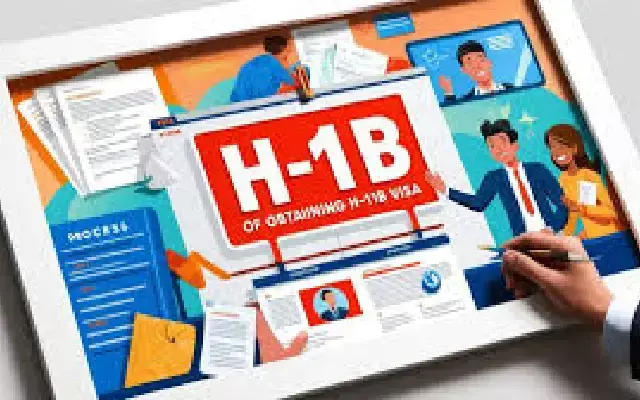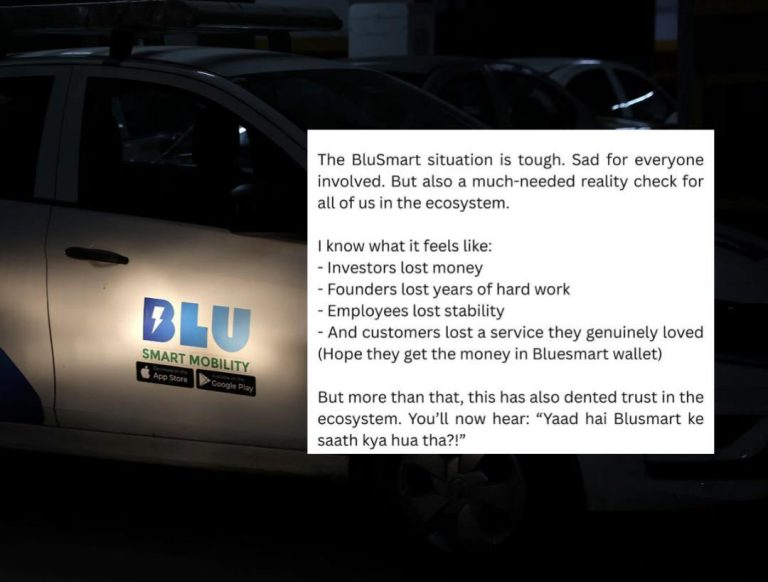
H-1B Worker Receives Bizarre Warning About Remote Work
The H-1B visa program has been a topic of controversy in the US, with many foreign workers relying on it to work in the country. However, a recent incident has raised concerns about the strict guidelines and rules surrounding the program. An H-1B worker in the US has taken to social media to share a worrying warning they received from their attorney before filing for an H-1B transfer. The incident highlights the complexities and challenges faced by foreign workers in the US, particularly when it comes to remote work.
The individual, who recently secured a job in Los Angeles, planned to work remotely from another state. However, the attorney, who was consulted for the transfer, stated that the visa could be rejected if the worker continued to work remotely. This warning has left many foreign workers and experts scratching their heads, wondering if this is a legitimate concern.
The H-1B visa program is designed to allow US employers to temporarily employ foreign workers in specialty occupations. The program is meant to benefit both the employer and the worker, providing a way for companies to access skilled talent and for foreign workers to gain experience and build their careers in the US. However, the program has been criticized for being overly complex and restrictive, with many workers facing long wait times and strict requirements.
In this case, the H-1B worker, who wished to remain anonymous, received the warning from their attorney before filing for an H-1B transfer. The attorney, who specializes in immigration law, told the worker that working remotely could be a major red flag for immigration officials, potentially leading to visa rejection.
The worker was shocked by this warning and decided to share it on social media, sparking a lively discussion among foreign workers and experts. Many expressed their concerns about the strict rules and regulations surrounding the H-1B program, while others questioned the legitimacy of the warning.
One commenter, who identified themselves as a foreign worker in the US, shared their own experience with remote work and the H-1B visa. They mentioned that they had been working remotely for several months without any issues, but had recently received a notice from the US Citizenship and Immigration Services (USCIS) requesting more information about their employment.
“I’m not sure what’s going on, but I’ve been working remotely for months and haven’t had any issues,” the commenter wrote. “I’ve received a notice from USCIS asking for more information about my employment, and I’m worried that it might affect my visa status. I’m not sure if this is related to the remote work or not, but it’s definitely causing me some anxiety.”
Another commenter, who identified themselves as an immigration attorney, weighed in on the issue, saying that the warning about remote work was likely exaggerated. “While it’s true that working remotely can raise some questions about an individual’s employment status, it’s not a guarantee that it will lead to visa rejection,” the attorney wrote. “In fact, many foreign workers successfully work remotely without any issues, and it’s not uncommon for employers to allow remote work arrangements as a way to attract and retain top talent.”
The incident highlights the complexities and challenges faced by foreign workers in the US, particularly when it comes to remote work. With the rise of remote work, many employers are embracing flexible work arrangements, but for foreign workers, the rules and regulations surrounding the H-1B program can be confusing and restrictive.
In recent years, there have been efforts to reform the H-1B program, with some lawmakers calling for increased protections and benefits for foreign workers. However, the program remains highly controversial, with many critics arguing that it is biased towards foreign workers and takes jobs away from US workers.
In conclusion, the warning received by the H-1B worker about remote work has raised concerns about the strict guidelines and rules surrounding the program. While some experts have questioned the legitimacy of the warning, it highlights the complexities and challenges faced by foreign workers in the US, particularly when it comes to remote work. As the debate around the H-1B program continues, it’s clear that foreign workers will need to navigate a complex and often confusing system in order to work and thrive in the US.
Source:






